Community Groups in Brazil Step In Where Government Covid-19 Response Falls Short
Favela residents take action against societal inequalities exposed by the coronavirus.
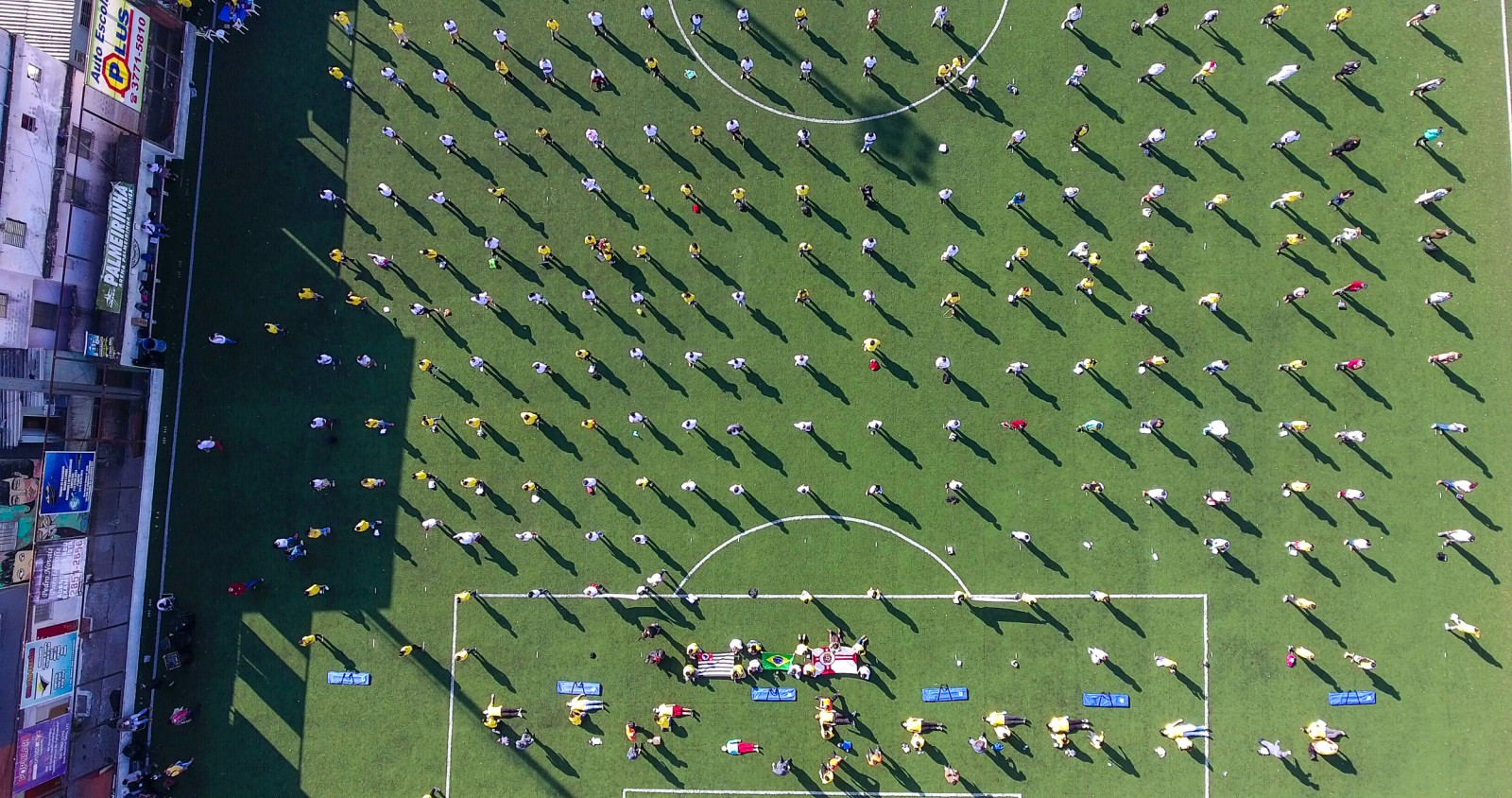
Community members are trained as presidentes de rua, or street presidents, in Paraisópolis. Photo courtesy of Gilson Rodrigues.
By Sophia Petros, Circle of Blue
In the midst of a pandemic, Brazil has no health minister. Luiz Henrique Mandetta was fired by President Jair Bolsonaro in April, and Mandetta’s successor stepped down in May. And even though water, sanitation, and hygiene are bedrocks of public health, the federal government refuses to make them a priority, decreasing investment in the sector by billions of reals over the past decade.
Despite prior success with both the Zika and swine flu outbreaks, Brazil’s federal, state, and local governments have largely failed in coordinating a clear and effective response to the coronavirus. The country passed 2.1 million Covid-19 cases this week, second only to the United States.
Nevertheless, “instead of sitting and complaining,” community leaders throughout Brazil have organized in the face of government inadequacy, said Gilson Rodrigues, the national coordinator of G-10 Favelas.
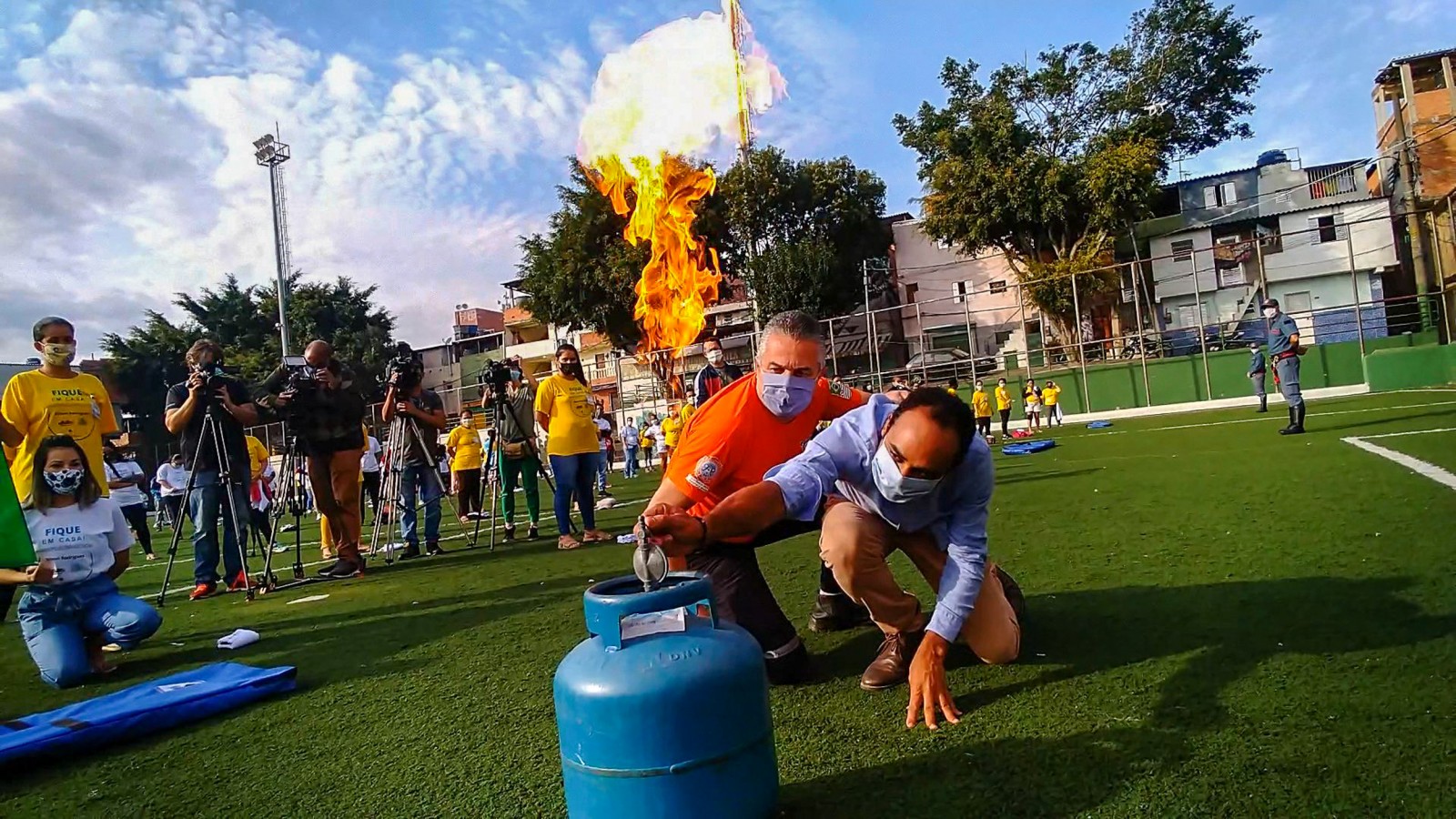
Training of community first responders. Photo courtesy of Gilson Rodrigues.
G-10 Favelas, an organization of entrepreneurial leaders from Brazil’s informal settlements, is leading the charge. Crowdfunding campaigns and a dozen other initiatives are currently underway in order to combat this “complete lack of harmony between the public sectors and the political class,” Rodrigues told Circle of Blue.
Rodrigues has galvanized Paraisópolis, the second largest favela in São Paulo, into action. Local seamstresses are working to produce 1 million face masks to distribute to the poorest communities of Brazil, and two schools in Paraisópolis have been converted into temporary quarantine centers for the sick. Civilians have helped pay for the hiring of three ambulances and their personnel, who have already assisted nearly 4,000 residents since March 23. Meanwhile, local residents are being trained as presidentes de rua, or street presidents, who oversee fifty other community members.
“I believe that the union of civil society is crucial to help these communities in such a difficult time,” Rodrigues said.
Water Struggles
One key initiative is increasing water access for the citizens of Paraisópolis. G-10 Favelas partnered with private water companies to install public taps in areas of the favela that lack consistent water access. The organization also distributed hygiene products and masks to members of the community.
As long as there is no vaccine or treatment for Covid-19, prevention is the best cure. Hand washing and other hygienic practices are crucial to stopping the spread of the virus. These actions, however, are nearly impossible for many people living in some of Brazil’s coronavirus hotspots.
The story of Paraisópolis, on the southern edge of São Paulo, illustrates the lengthy struggle for water. An initiative to increase access to water and sanitation in the informal settlement began in 2010, only to be left partially complete.
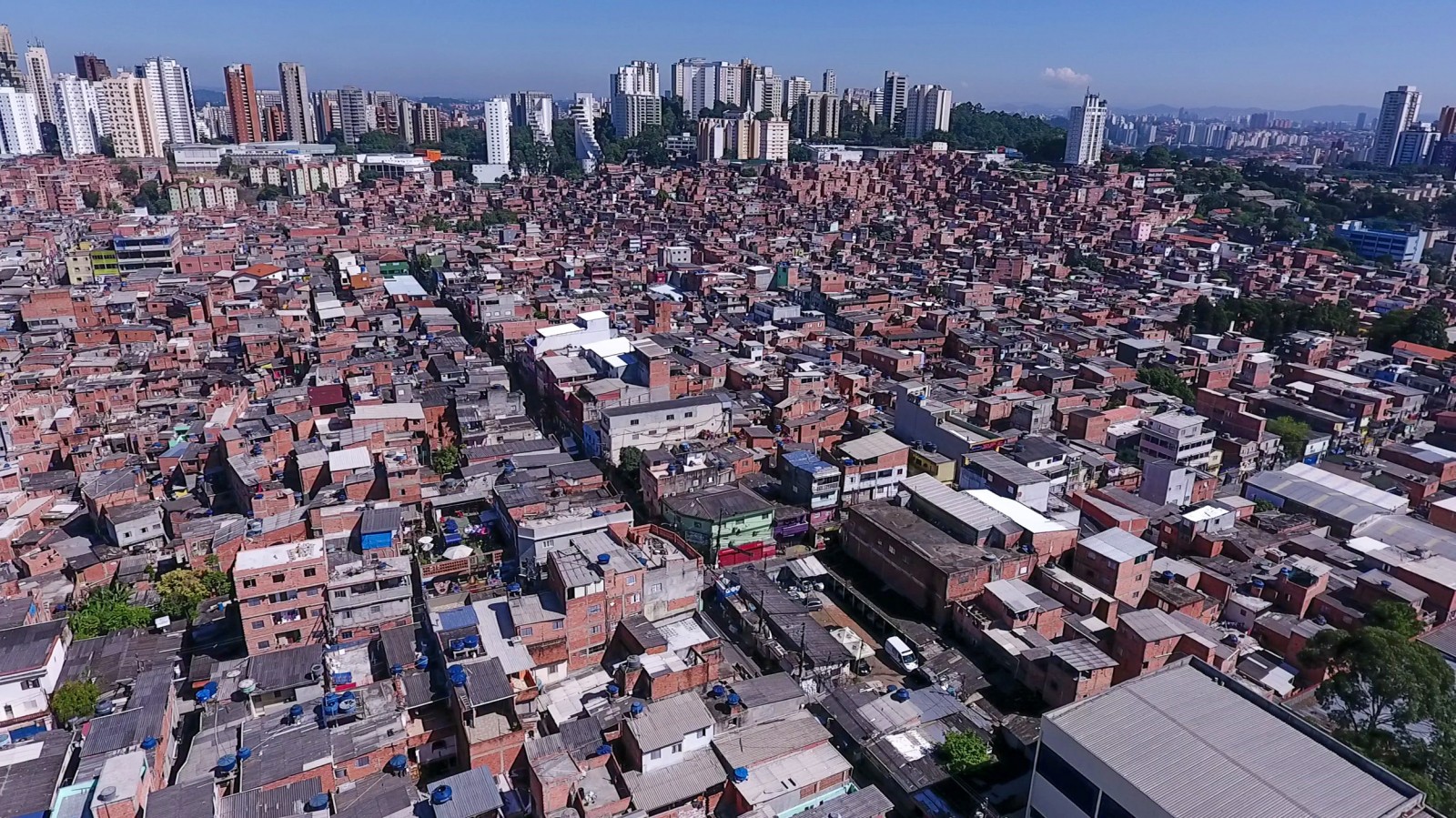
Drone view of Paraisópolis. Photo courtesy of Gilson Rodrigues.
According to Rodrigues, water services from this initiative reach only 65 percent of the favela’s population, which numbers about 80,000. The state supplier, SABESP, began delivering water to Paraisópolis less frequently than other parts of the city to comply with water rationing measures. As a result, Rodrigues explained, residents were left without water for long periods of time.
SABESP has taken some action to address the lack of basic resources in favelas during the current pandemic. The supplier donated large water tanks to communities such as Paraisópolis, where people do not have access to reservoir water. But, as community leaders wrote in an open letter to the governor, these tanks are useless if “thousands of people do not have water in their taps” to fill them. The governor of São Paulo, João Doria, denies this shortage of water in Paraisópolis.
The lack of support to Paraisópolis and other communities reflects widespread government neglect in handling the virus.
Confusion saturates all levels of government. Meetings between municipal, state, and federal health ministries were halted after Bolsonaro fired the first health minister. The current interim health minister is an army general who lacks medical experience. Bolsonaro has repeatedly undercut the severity of the pandemic and pushed to reopen the economy, even after contracting the disease himself. Now he is advertising hydroxychloroquine, a malaria drug, as a cure for Covid-19, despite admitting that “we know there is no scientific evidence” of its efficacy.
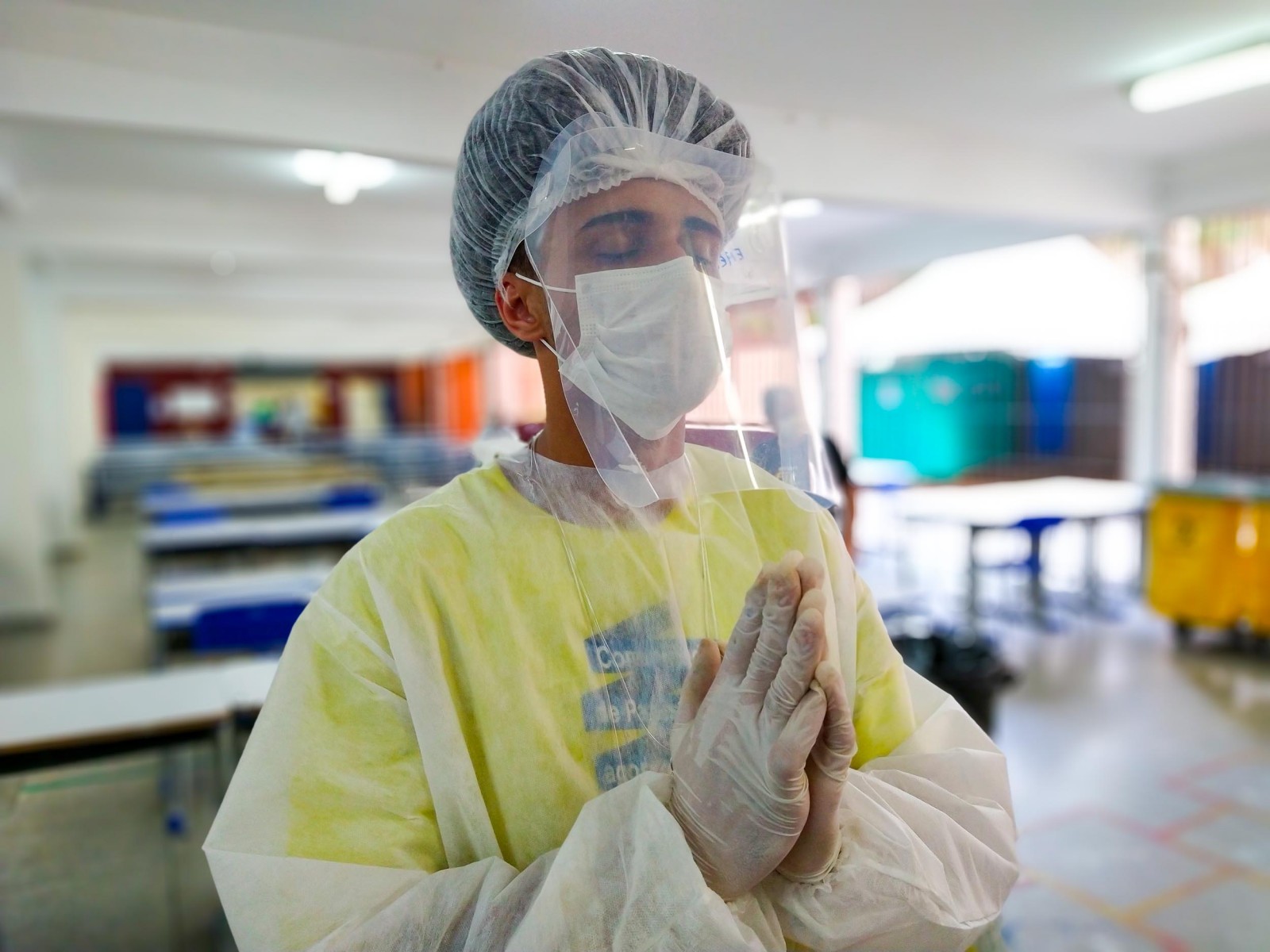
A community volunteer in Paraisópolis. Photo courtesy of Gilson Rodrigues.
The lack of government support weighs differently on the different strata of Brazilian society.
“I have the feeling that we live in two different countries in Brazil,” Rodrigues said. “Part of society is fully able to work in the home office and have access to face masks, hand sanitizer, and hygiene products.”
“The other part of the population,” he continued, “is forced to go out to work, use overcrowded public transport” and is “living without access to safe water and other basic services.”

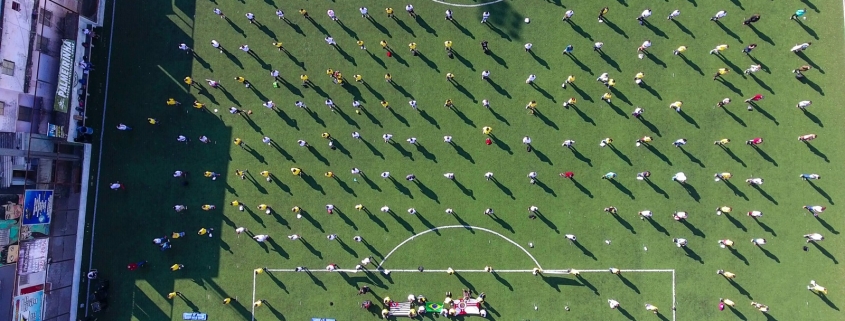
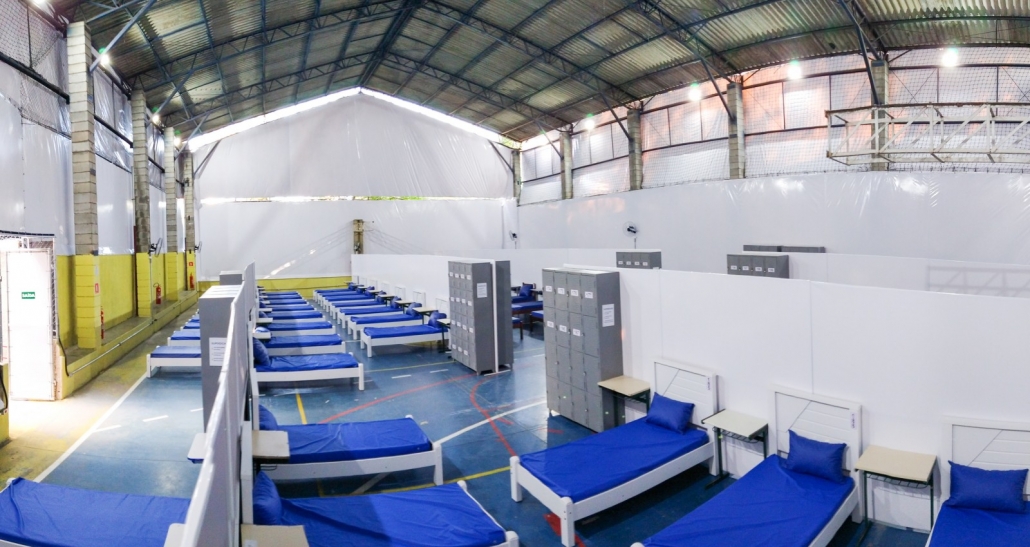

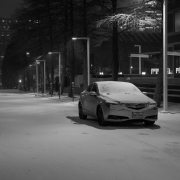
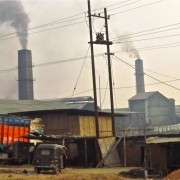


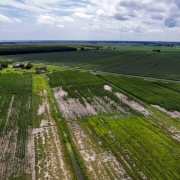


Leave a Reply
Want to join the discussion?Feel free to contribute!